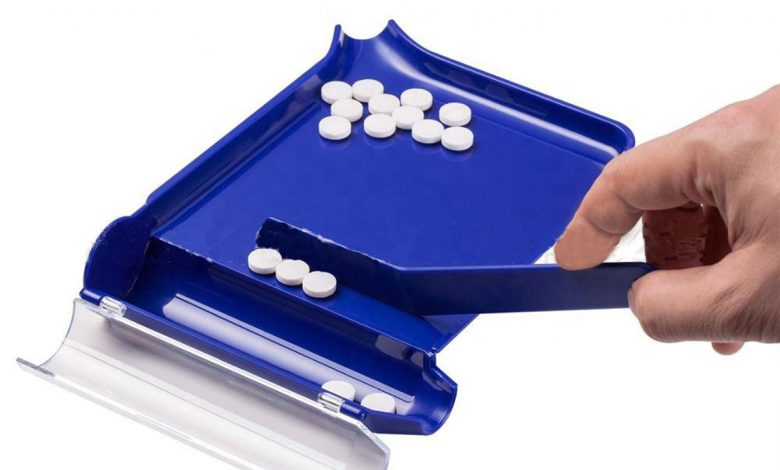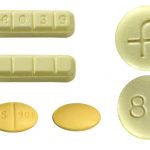How Many 5 Milligrams Of Valium Equal A 2mg Xanax?

What is Valium?
Valium is a brand of diazepam, a prescription medication used to relieve anxiety and to control agitation caused by alcohol withdrawal. It is also used along with other medications to control muscle spasms and spasticity caused by certain neurological disorders such as cerebral palsy (a condition that causes difficulty with movement and balance), paraplegia (inability to move parts of the body), athetosis (abnormal muscle contractions), and stiff-man syndrome (a rare disorder with muscle rigidity and stiffness). Valium is also used along with other medications to control seizures. Valium is in a class of medications called benzodiazepines. It works by calming abnormal overactivity in the brain.
Diazepam was first synthesized in 1959, entered the market in 1963, and became the top-selling pharmaceutical in the United States from 1968 until 1982 with a peak of 2.3 billion tablets sold in 1978. Roche sells Valium in 10, 5, and 2 mg tablets in the United States. Valium is a schedule IV controlled substance.
What is Xanax?
Xanax is a brand of alprazolam a benzodiazepine that works by enhancing the activity of certain neurotransmitters in the brain. Generic Xanax is also available as the brand-name medications Xanax and Xanax XR. A generic drug is an exact copy of the active drug in a brand-name medication. Generic blue, green, and yellow Xanax are considered to be just as safe and effective as the original drug but tend to cost less.
Xanax is prescribed for the treatment of anxiety disorders and anxiety caused by depression. Xanax is also used to treat panic disorders with or without a fear of places and situations that might cause panic, helplessness, or embarrassment (agoraphobia). Xanax is also a federally controlled substance (C-IV) because it can be abused or lead to dependence.
How many 5 mg Valium equals a 2mg Xanax?
Although both Valium and Xanax are Benzodiazepines they contain different active ingredients. The benzodiazepine equivalency tables state that 0.5mg of alprazolam (Xanax) is approximately equivalent to 5mg diazepam (Valium). However, people of Asian descent metabolize Xanax differently to people of other races, and certain disease states such as alcoholism, liver and kidney disease, obesity, and even old age can affect how Xanax behaves in the body; so benzodiazepine equivalency tables should be used as a guide only as they do not reflect the individual variation. Unfortunately, few studies have been done investigating the metabolism of diazepam in people of different ethnic backgrounds. However, researchers do know it is metabolized by the CYP2C19 group of hepatic enzymes. Approximately 15.7% of Asian people and 18.5% of African Americans have a slow metabolizing form of this enzyme. Both Valium and Xanax should only be used short-term due to the risk of addiction and dependence.
Which is more effective?
Valium and Xanax have been studied extensively in regards to their effects on anxiety disorders. In one instance, Valium was shown to be slightly more effective at managing anxiety, though the difference between the two drugs may not be clinically meaningful. Both medications are known to cause drowsiness and slow reaction time and mobility. Due to its long half-life, the effects of Valium will take longer to wear off, and this would need to be considered when choosing a therapy.
Valium rectal gel is the only FDA-approved pre-hospital treatment for severe seizures. One study showed it to be 85% effective at stopping seizures. It also was shown to improve quality of life due in part to more flexibility in activities because patients felt they had more control over their seizures.
Only a healthcare provider can determine what therapy, or combination of therapy is appropriate for each patient. Providers must take into account many patient-specific factors, such as age, previous treatment, and history of results with other medications.





